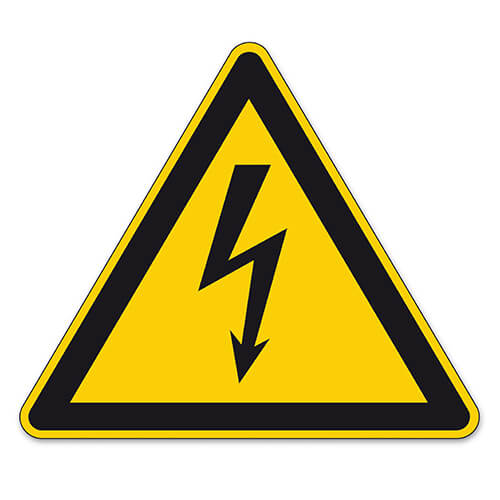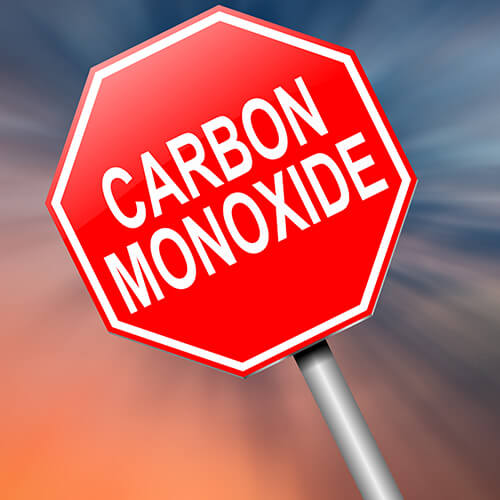
How to Protect Your Home From Potential Hazards
April 13, 2018 | Appliance Safety Advice & Recalls | No comments
Friday 13 is upon us and if that’s not a reason to check your home for hazards we don’t know what is!
There’s no need to cover yourself in bubble wrap and hide away from the world, but it might be time to ensure your home is safe from any potential dangers.
According to Which? more than 2.7 million people in the UK seek hospital treatment for accidents in the home every year. Here are the top 5 causes of hazards in the home and how to avoid them.
Leaving Appliances On

It’s tempting to leave the washing machine or dryer on while we’re out at work to have it ready for when we arrive home. But, it can be extremely dangerous. The majority of house fires are caused by appliances being left on while the owner is out of the house.
As well as causing a risk, leaving your appliances on can lead to high energy bills.
The solution: Simple but important, be sure to check your appliances before you leave the house. Turn off and unplug those that don’t need to be used throughout the day and don’t be tempted to put a wash on before you leave or leave food cooking in the oven while you pop to the shop!
Poorly Maintained Electrics

According to Electrical Safety First, around 350,000 people are seriously injured each year due to an electrical accident in the home. Cables that are broken, splitting, worn or frayed, extension leads which are overloaded and large appliances which are too close to the wall, can all be causes of electric shocks or fires.
The solution: Check all the power cords and plugs for signs of wear and tear and replace if necessary. You can even book in for a wiring check-up with a qualified electrician. Avoid plugging large appliances into extension leads and ensure there is a gap between the appliance and plug sockets.
Poorly Maintained Smoke Alarms

The UK Fire Service states that it is twice as likely for people to die in a house fire that has no smoke alarm than a house that does. The minimum amount required is one alarm per floor of your home. A fire could potentially start anywhere, so the more you have the better protected you will be.
The solution: Ensure you have the right number of working smoke alarm for your home. Check the recommended areas and types of smoke alarms available. Test your alarms once a week and replace any old or broken devices and those that are more than 10 years old. Any beeps or chirps in between tests could indicate that the alarm needs a new battery, replace as required and once every year to be safe.
Gas Boiler Warning Signs

Ignoring the warning signs from a boiler can have serious consequences. If leaked, carbon monoxide can be extremely dangerous. Boiler faults can be costly and replacing a boiler can cost up to £5000, so it’s important you look out for warning signs and act immediately.
The solution: Watch out for the following signs:
- Yellow pilot flames or flames that jump about
- Black marks or stains on the boiler
- Pilot light frequently going out
- Unusual sounds
- Blocked air vents near boilers
If you spot any of these signs, you should get your boiler checked by a professional. Ensure you get an annual boiler service by a Gas Safe-registered heating technician to prevent any issues.
Poorly Maintained Carbon Monoxide Detectors

Carbon monoxide can be caused by faulty gas appliances and flues. To stay protected, it is recommended that you install a carbon monoxide detector.
The solution: Invest in a detector and install it near possible sources of carbon monoxide, such as your gas boiler or fireplace, and ensure it is correctly installed. Check your detector regularly and don’t forget to check and change the battery annually.

Top Tips
- Always ensure your appliances are installed by a professional.
- Regularly check your appliances’ cables and cords.
- Keep appliances and areas around them clean and tidy.
- If your appliance develops a fault, ensure you get it fixed as soon as possible. Potential faults and how to fix them can be found on our Advice Centre.
Tags: appliance safety, Home Safety

